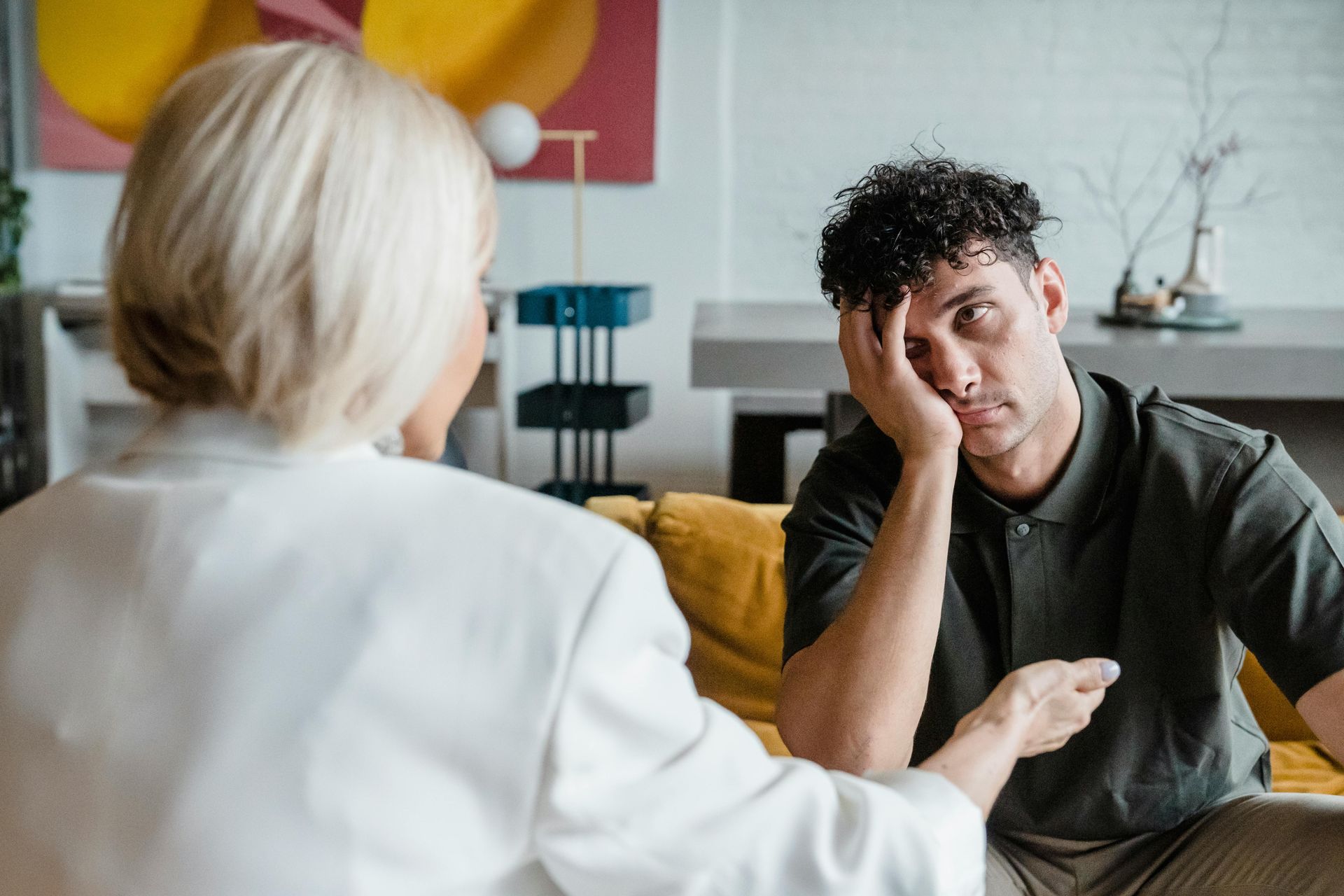Drug Rehab in South Gate, CA:
Effective Treatments for Recovery
Drug rehab in South Gate, CA, offers essential support for individuals battling addiction. These addiction treatment centers provide a range of services, from detoxification programs to counseling, ensuring that residents have the tools they need to achieve lasting recovery. Located within Los Angeles County, South Gate is home to various programs that address different substance use disorders, making it a vital resource for those seeking help.
The community features both inpatient and outpatient treatment options tailored to individual needs. Many programs emphasize a holistic approach, combining medical care with psychological and social support. With a focus on substance abuse recovery, these sites serve not only local residents but also individuals from surrounding areas in need of effective treatment solutions.

The Science of Addiction
Addiction is a complex condition characterized by compulsive drug seeking and use, despite harmful consequences. It alters brain function and affects areas related to judgment, decision-making, learning, and memory.
Addictive substances, including alcohol, cocaine, and opioids, can stimulate the brain's reward system. This stimulation leads to the release of dopamine, reinforcing the behavior and making it hard to resist. Understanding these mechanisms helps in recognizing why individuals may struggle to overcome addiction without support.
Types of Addictive Substances
Addictive substances fall into several categories. Some of the most common include:
- Alcohol: Often socially accepted, but can lead to severe health problems and addiction.
- Cocaine: A powerful stimulant that can cause intense euphoria but also dangerous cardiovascular effects.
- Opioids: Pain-relieving medications that have a high potential for addiction, especially when misused.
- Prescription Drugs: Including pain relievers and anxiety medications, these can lead to dependency when not taken as prescribed.
Each substance carries specific risks and effects, making education about them crucial for prevention and treatment efforts.
Recognizing Substance Use Disorders
Identifying substance use disorders (SUDs) involves recognizing certain behaviors and symptoms. Key indicators include:
- Increased Tolerance: Needing more of the substance to achieve the same effect.
- Withdrawal Symptoms: Experiencing physical or psychological symptoms when not using the substance.
- Neglecting Responsibilities: Failing to meet obligations at work, school, or home due to substance use.
Awareness of these signs can facilitate timely intervention and enhance the likelihood of successful addiction treatment.
Treatment Modalities in South Gate
Various treatment modalities are available in South Gate to address substance use disorders effectively. These options provide tailored support, ranging from detoxification programs to specialized therapy programs, aiming for comprehensive recovery.
Detoxification Services
Detoxification serves as the initial phase of treatment. It focuses on safely managing withdrawal symptoms as the body eliminates harmful substances. In South Gate, detox services may include medical supervision to ensure patient safety and comfort.
A clinical team often administers medications during this process, known as Medication-Assisted Treatment (MAT). This approach can minimize withdrawal discomfort and reduce cravings. Detox facilities also provide emotional support to help individuals cope with the psychological aspects of withdrawal.
Residential vs. Outpatient Care
South Gate offers both residential and outpatient treatment options. Residential treatment involves patients staying at a facility for a duration of time, typically ranging from 30 to 90 days. This immersive environment fosters community support and structure, promoting focused recovery efforts.
Outpatient care, on the other hand, allows individuals to attend therapy sessions while living at home. This approach is suitable for those with less severe addictions or those transitioning from residential care. Programs may include Intensive Outpatient Programs (IOPs) and Partial Hospitalization, offering flexibility and maintaining personal responsibilities.
Specialized Therapy Programs
Specialized therapy programs play a critical role in South Gate's treatment landscape. These programs often include Cognitive-Behavioral Therapy (CBT), which addresses negative thought patterns contributing to substance use.
In addition to individual therapy, group therapy provides a supportive environment where participants share experiences and coping strategies. Family therapy is also available, focusing on mending relationships and enhancing support systems. Each modality is designed to equip individuals with the skills necessary for lasting recovery while addressing their unique needs.
Integrating Mental Health Treatment
Integrating mental health treatment into rehab programs is vital for successful outcomes. Instead of treating each issue separately, mental health services must be intertwined with traditional addiction treatment. Therapies might include cognitive behavioral therapy (CBT), motivational interviewing, and dialectical behavior therapy (DBT). These therapies address the underlying mental health issues while also providing strategies for overcoming addiction.
Important Aspects:
- Regular psychiatric evaluations to adjust treatment as needed.
- Holistic approaches that may include mindfulness and stress reduction techniques.
- Family involvement to support recovery and enhance communication.
Evidence-Based Treatment Options
Evidence-based treatment options are crucial for addressing the complexities of dual diagnosis. Research supports specific therapies and practices that have been shown to yield effective results. Among them, Integrated Dual Disorder Treatment (IDDT) stands out. This model focuses on simultaneous, comprehensive treatment strategies.
Common Evidence-Based Practices:
- Motivational Enhancement Therapy: Encourages individuals to build motivation for change.
- Medication-Assisted Treatment (MAT): Utilizes medications to assist in recovery from both substance use and mental health issues.
- Support Groups: Connects individuals facing similar challenges, fostering a sense of community and understanding.
Utilizing these methods helps create a framework for lasting recovery, allowing individuals to address both their mental health and substance use challenges in a coordinated way.
Aftercare and Community Support
Aftercare services play a crucial role in maintaining sobriety. Comprehensive aftercare planning often includes ongoing counseling, support group meetings, and personalized recovery programs tailored to individual needs.
In South Gate, individuals can access resources such as Smart Recovery and various fellowship groups. These community support systems help build a network of peers who understand the challenges of addiction recovery, fostering a sense of belonging. Regular participation in group meetings enhances accountability, encouraging individuals to share experiences and support one another through the ups and downs of recovery.
Begin Your Recovery Today!
Substance abuse and addiction are critical issues that significantly impact individuals and communities. Recognizing the nature of addiction, the types of substances involved, and the signs of substance use disorders can play a vital role in seeking appropriate treatment. Ultimately, access to drug and alcohol rehab in South Gate signifies a crucial step toward restoring health and stability. Programs are designed to empower individuals, helping them reclaim their lives and build a brighter future free from addiction.

